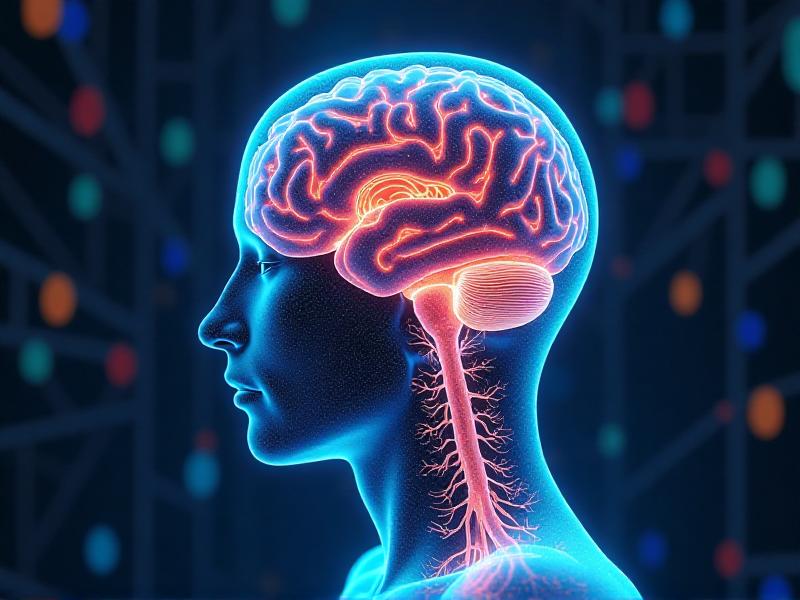Microbiome Matters: Unraveling the Link Between Gut Health and Emotional Well-being
The Gut-Brain Connection: A Complex Relationship
The human body is a marvel of interconnected systems, and one of the most fascinating relationships is the one between the gut and the brain. Often referred to as the "gut-brain axis," this bidirectional communication system links the emotional and cognitive centers of the brain with peripheral intestinal functions. The gut microbiome, a vast community of trillions of microorganisms residing in our digestive tract, plays a pivotal role in this connection. These microbes produce neurotransmitters like serotonin and dopamine, which are crucial for regulating mood and emotional well-being. Research has shown that an imbalance in gut bacteria, known as dysbiosis, can lead to mental health issues such as anxiety and depression. Understanding this intricate relationship opens the door to new ways of managing emotional health through gut health.

The Role of the Microbiome in Emotional Health
The microbiome is not just a passive bystander in our digestive process; it actively influences our emotional state. Studies have revealed that gut bacteria can produce and regulate neurotransmitters, which are chemical messengers that affect mood and behavior. For instance, about 90% of serotonin, a neurotransmitter associated with feelings of happiness, is produced in the gut. When the microbiome is healthy and balanced, it supports optimal neurotransmitter production, contributing to emotional stability. Conversely, an unhealthy microbiome can lead to imbalances that manifest as mood disorders. This connection underscores the importance of maintaining a diverse and thriving gut microbiome for emotional well-being.
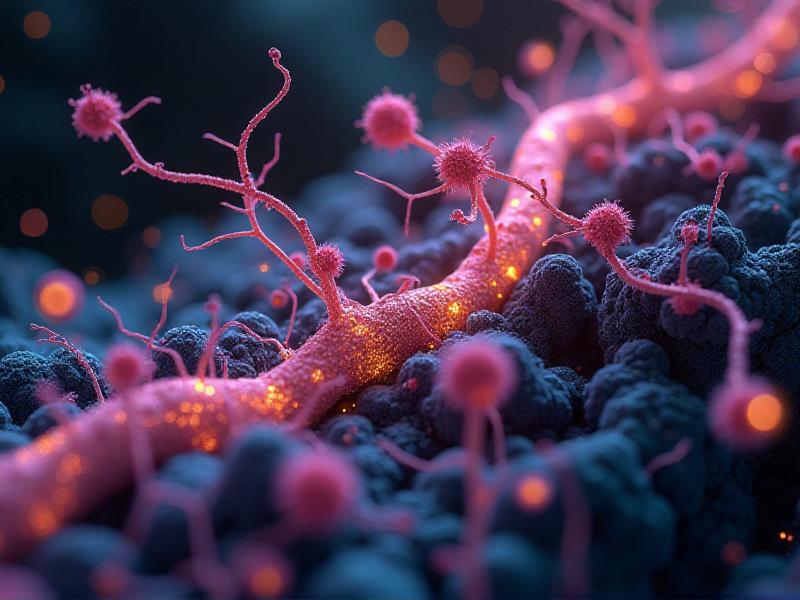
How Diet Shapes Your Microbiome and Mood
What we eat has a profound impact on the composition and health of our gut microbiome. A diet rich in fiber, fermented foods, and prebiotics promotes the growth of beneficial bacteria, which in turn supports emotional health. On the other hand, a diet high in processed foods, sugar, and unhealthy fats can lead to dysbiosis, negatively affecting mood and cognitive function. Specific foods, such as yogurt, kefir, and kimchi, are known to introduce beneficial bacteria into the gut, while whole grains, fruits, and vegetables provide the nutrients these bacteria need to thrive. By making mindful dietary choices, we can nurture our microbiome and, in turn, our emotional well-being.

Stress and the Microbiome: A Vicious Cycle
Stress is an inevitable part of life, but chronic stress can wreak havoc on the gut microbiome. When we experience stress, our body releases cortisol, a hormone that can alter the balance of gut bacteria. This disruption can lead to inflammation and a weakened gut lining, often referred to as "leaky gut." In turn, a compromised gut can send distress signals to the brain, exacerbating feelings of anxiety and depression. This creates a vicious cycle where stress damages the microbiome, and an unhealthy microbiome amplifies stress. Breaking this cycle requires a holistic approach that includes stress management techniques, such as mindfulness and exercise, alongside dietary interventions to support gut health.
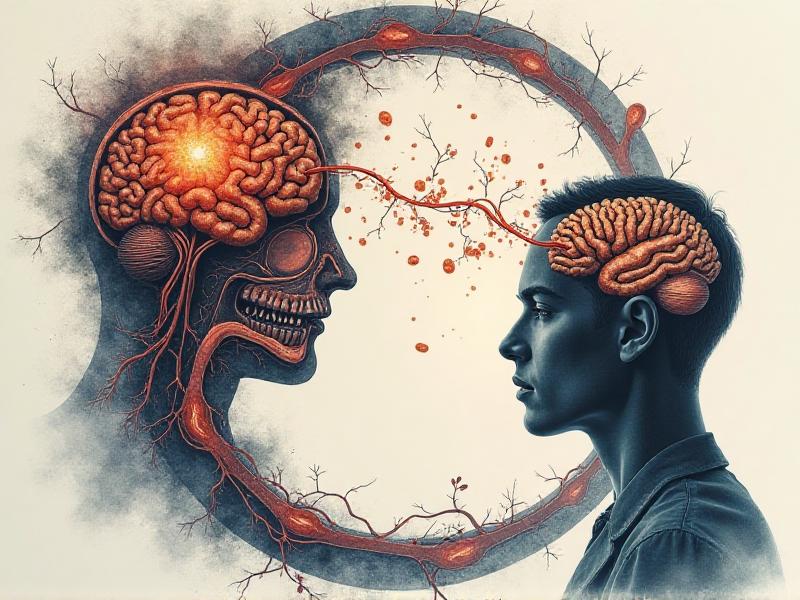
Probiotics and Prebiotics: Allies for Gut and Emotional Health
Probiotics and prebiotics are powerful tools for maintaining a healthy microbiome and, by extension, emotional well-being. Probiotics are live beneficial bacteria found in fermented foods and supplements, while prebiotics are non-digestible fibers that feed these bacteria. Together, they work synergistically to promote a balanced gut environment. Research has shown that certain strains of probiotics, such as Lactobacillus and Bifidobacterium, can reduce symptoms of anxiety and depression. Incorporating probiotic-rich foods like sauerkraut and kombucha, along with prebiotic sources like garlic and onions, can help fortify the gut-brain connection and support emotional resilience.
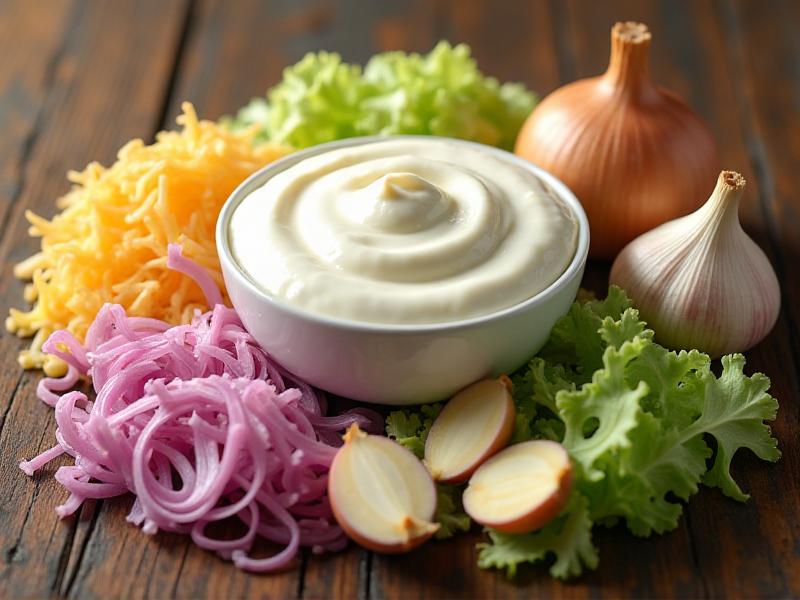
The Impact of Antibiotics on Gut Health and Mood
While antibiotics are essential for treating bacterial infections, their overuse can have unintended consequences for gut health and emotional well-being. Antibiotics do not discriminate between harmful and beneficial bacteria, often wiping out large portions of the microbiome. This disruption can lead to dysbiosis, which has been linked to mood disorders. Studies have shown that individuals who frequently use antibiotics are at a higher risk of developing anxiety and depression. To mitigate these effects, it is crucial to use antibiotics judiciously and to replenish the gut with probiotics and prebiotics after a course of treatment. This approach helps restore balance and protect emotional health.
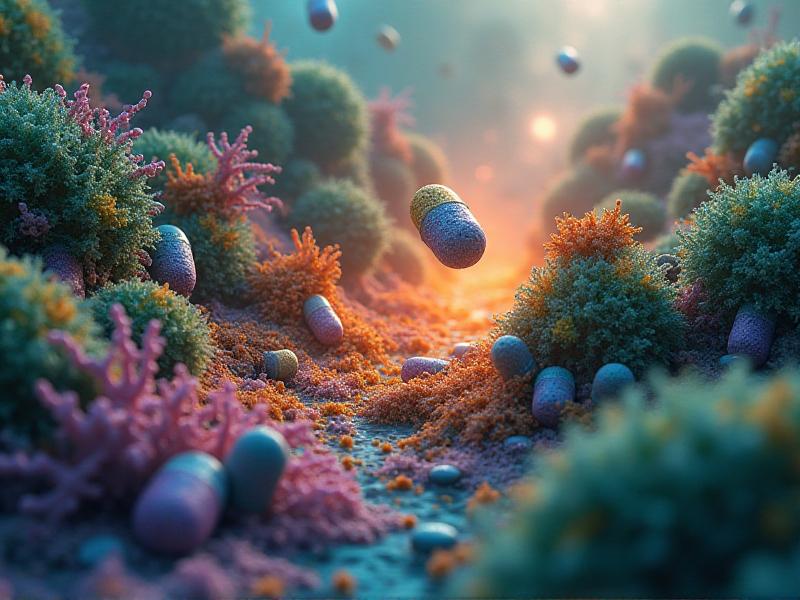
Gut Health Across the Lifespan: From Infancy to Old Age
The microbiome evolves throughout our lives, influenced by factors such as diet, environment, and lifestyle. In infancy, the microbiome is shaped by birth method, breastfeeding, and early exposure to microbes. A healthy start lays the foundation for emotional resilience later in life. As we age, the microbiome becomes less diverse, which can contribute to cognitive decline and mood disorders in older adults. Maintaining gut health at every stage of life is essential for emotional well-being. Strategies such as eating a varied diet, staying physically active, and managing stress can help preserve microbiome diversity and support mental health across the lifespan.

Future Directions: Harnessing the Microbiome for Mental Health
The growing understanding of the gut-brain connection has opened exciting possibilities for mental health treatment. Researchers are exploring the potential of microbiome-based therapies, such as fecal microbiota transplantation (FMT) and psychobiotics—probiotics specifically designed to improve mental health. These innovations could revolutionize how we approach conditions like anxiety, depression, and even neurodegenerative diseases. While the field is still in its infancy, the promise of harnessing the microbiome for emotional well-being is immense. As science continues to unravel the complexities of this relationship, we may soon see a new era of personalized, microbiome-focused mental health care.








